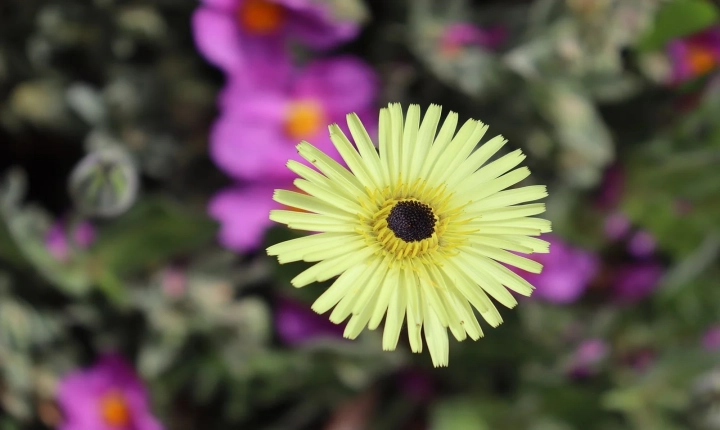AI Photo: The Future of Photography
In today’s world, we live in a digital age where technology continues to advance at an exponential rate. One area where technology has made significant strides is in the world of photography. With the advent of Artificial Intelligence (AI), the way we capture, edit, and share photos has been revolutionized.
So, what exactly is an AI photo? Simply put, an AI photo is a photograph that has been generated, enhanced, or edited using artificial intelligence technology. This can range from using AI algorithms to enhance the quality of an image, to creating entirely new images based on predefined parameters.
One of the most common uses of AI in photography is in the realm of image enhancement. AI algorithms can analyze an image and automatically adjust parameters such as brightness, contrast, and color balance to improve the overall quality of the photo. This can result in sharper, more vibrant images that better capture the essence of the original scene.
AI can also be used to remove unwanted elements from a photo, such as blemishes or distractions in the background. This automated editing process can save photographers valuable time and effort, allowing them to focus on capturing great shots rather than spending hours in post-processing.
Another exciting application of AI in photography is the creation of entirely new images. Using a technique known as “generative adversarial networks” (GANs), AI can generate realistic-looking images based on input criteria. This can be used to simulate different lighting conditions, create virtual landscapes, or even generate entirely fictional scenes.
Furthermore, AI has opened up new possibilities for photo organization and search. By analyzing the content of an image, AI algorithms can automatically tag and categorize photos based on the objects, scenes, and people they contain. This makes it far easier to search for specific images within a vast photo library, saving time and frustration for photographers and consumers alike.
With all of these advancements in AI technology, the future of photography looks incredibly exciting. We can expect to see further developments in AI-driven image enhancement, creative image generation, and intelligent photo organization. This has the potential to democratize photography, making it more accessible and enjoyable for everyone, regardless of technical expertise.
However, it’s important to note that AI is not a replacement for human creativity and skill. While AI can automate certain aspects of photography, it cannot replicate the nuanced creativity and emotional connection that comes from a human photographer.
In conclusion, AI is poised to have a transformative impact on the world of photography. From enhancing the quality of images to revolutionizing the way we organize and search for photos, the potential applications of AI in photography are vast. As technology continues to advance, we can expect to see even more innovative uses of AI in the realm of photography, opening up new creative possibilities for photographers and enthusiasts alike.
